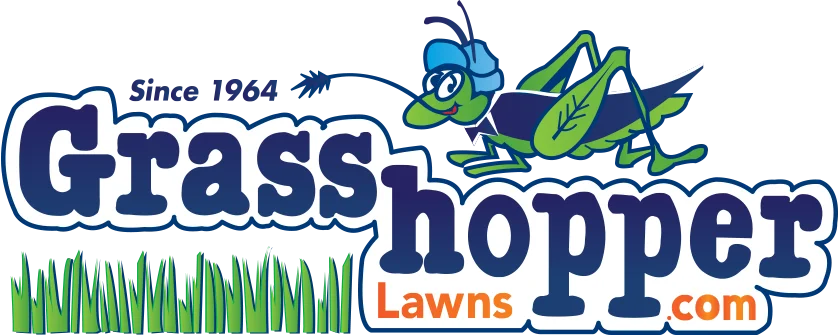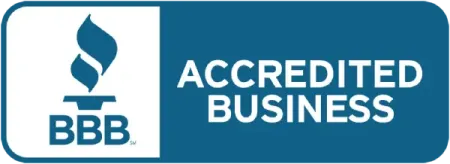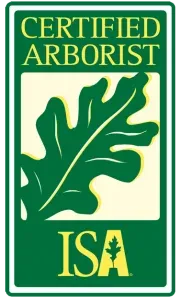Learn from the experts at Grasshopper about the common lawn diseases in Pennsylvania!
Manual push mowers—also known as reel mowers—are no longer just a relic from your grandfather’s shed. With the rise of eco-conscious lifestyles and a renewed interest in sustainability, these old-school tools are making a modern comeback. They offer a clean, quiet, and environmentally friendly way to keep your lawn healthy.
Weeds like dandelions can quickly take over your yard if left unchecked. And while it might be tempting to grab a bottle of chemical herbicide, there are safer, more eco-friendly ways to control them. These organic methods can help you manage weeds without harming your lawn or the environment.
Spring is finally here! For lawn lovers and homeowners, this season is the perfect time to get outside, enjoy the fresh air, and give your lawn the care it needs after a long, harsh winter. Your grass may be stressed and in need of some TLC.
Summer’s here, and that means more time outside with your family—and more chances for unwanted pests to show up. Fleas, ticks, and mosquitoes thrive in warm weather, but with the right care and preventive measures, you can enjoy your yard without sharing it with these irritating intruders.
Most people love to see trees and plants. Trees give off an aura of serene and beautiful community. Where trees abound, shade, fresh and cool air follows, fresh fruits even are abundant. Trees are essential for our survival and therefore, we must protect and conserve trees by properly taking care of them.
Lawn grubs, also known as curl grubs, are white-C-shaped grub with a brown or black head. They are the larvae of various lawn beetles and live beneath the soil surface. Commonly referred to as white curl grubs, they feed on the roots of the grass and can destroy your entire lawn within a few weeks.
A riding lawn mower is a big investment, and should be protected. For many, the winter months mean putting mowers away and not giving them another thought until the spring season comes around. Before putting a rider into storage, though, take a few simple steps to help maintain it over the winter.
Now that we are preparing to say goodbye to summer and leap headlong into fall, there is probably one part of summer none of us are going to miss, and that’s the pests! Many of us this summer have been plagued by unwanted guests like fleas and mosquitos.
Have you ever thought of aerating your lawn, or what that even means for that matter? If not, then you’re missing out on a vital part of effective lawn care. Annual lawn aeration helps you easily maintain a healthy and beautiful lawn year round.
When it comes to fertilizing your lawn, the debate between granular and liquid fertilizer isn’t about which one is better—it’s about which one is right for your specific needs. Let’s break down the facts and clear up some common myths so you can make the best decision for your lawn.
Clearing the dead leaves on your lawn may well be something that falls into this category for you, especially since, during fall and winter, it seems no sooner have you cleared the leaves that a whole new batch falls, making it seem a never ending battle.
Does your yard seem to have a lot of mosquitoes? Are you getting bit? If so, you probably have some stagnant or standing water sources nearby that is attracting mosquitoes to your yard.
If you’ve ever wandered down the soil supplement aisle at your local garden center, you know how overwhelming the choices can be. But one standout product that continues to gain popularity for both lawns and gardens is potassium humate—sometimes referred to as “black gold.”
Whether it's from pets, pests, foot traffic, or aeration, holes in your lawn are a common sight. The good news? They’re also very fixable. With the right approach, you can repair lawn holes and even improve your yard’s long-term health in the process.






